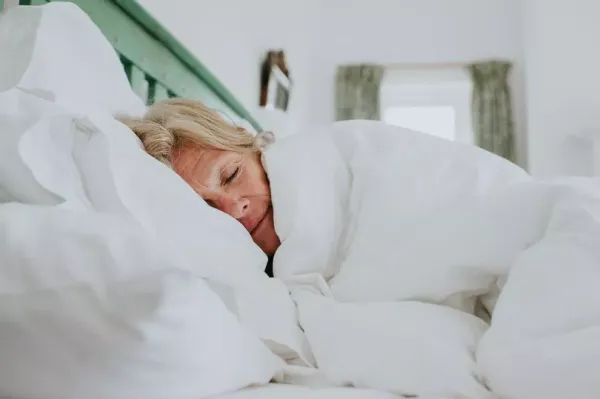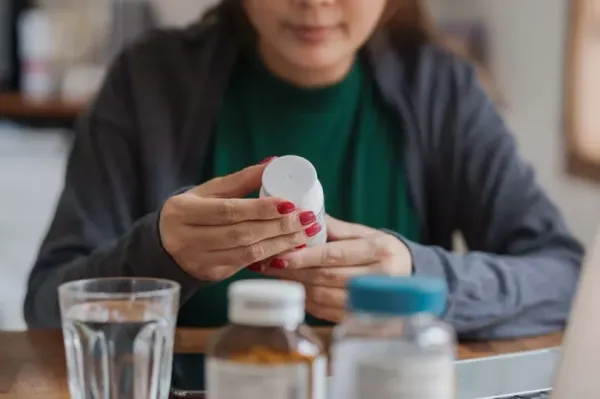
An NHS doctor has revealed that a cheap daily supplement could help you fall asleep “faster”. This pill, that can cost around just 9p, helped him get his own sleep schedule back on track.
It is recommended that adults get between seven and nine hours of sleep every night to ensure our bodies are functioning to the best of their ability. However, achieving this much sleep can be easier said than done.
There are a number of steps we can all take to try to improve our sleep, such as reducing stress, exercising in the day, and keeping our bedrooms dark and quiet. But sometimes this isn’t enough.
With this in mind, - who is best known online as Dr Raj, took to social media platform TikTok to explain more. He documented how he took magnesium supplements in a bid to improve his sleep.

“I experimented with magnesium to help me fall asleep faster, but does it work?” Dr Raj said. “I started taking magnesium about three weeks ago during a period of travel when my sleep was messed up.
“For a few nights it was taking me more than 30 minutes to fall asleep. Now, magnesium is often marketed as a sleep aid because it might help to relax muscles, lower cortisol and regulate neurotransmitters like gaba, which tell your brain to chill out.
“There are a few genuine physiological reasons why someone might be deficient. Not getting enough by diet, increased requirements, reduced guts absorption, or increased urinary excretion thanks to fluctuating hormone levels like oestrogen - think periods and menopause.”
While taking magnesium he tracked his sleep and noticed that the time it took him to fall asleep did reduce. Dr Raj continued: “In two weeks of taking nightly magnesium I tracked my own sleep data. I noticed that my sleep latency, the time it takes to fall asleep, dropped while taking magnesium.”
Data from this showed at its worst point he was taking 38 minutes to get to sleep, but this reduced to as little as nine minutes. However, once his sleep had improved he stopped taking the supplement.
“Maybe coincidence, maybe placebo, maybe just better sleeping habit, but I've since stopped because my sleep habits are back on track,” he said. “In fact, my own anecdotal data tracks well with a meta-analysis which looked at magnesium supplementation in older adults with insomnia.
“They found it reduced sleep onset latency by 17.36 minutes.” The study he referenced was published in the in 2021.
It concluded that one gram of magnesium taken three times a day could be prescribed for insomnia patients. But Dr Raj added: “Admittedly the studies were low quality. We need more research on magnesium and sleep, but this stuff is relatively cheap and has a decent safety profile. So magnesium could be a low-cost experiment in someone's sleep journey.”
However he advised that other tactics should still be used first. Dr Raj said: “But the basics still win. It can't overcome not being consistent with sleep times, winding down before bed and reducing blue light exposure in the evening.”

He further warned: “Two things to keep in mind - high doses can increase the risk of diarrhoea, obviously not for sleep and bioavailability matters. I took magnesium glycinate, which is better absorbed in the gut.”
At the time of reporting, a bottle of 120 magnesium glycinate tablets can be bought from for £10.95, which works out at just over 9p per pill.